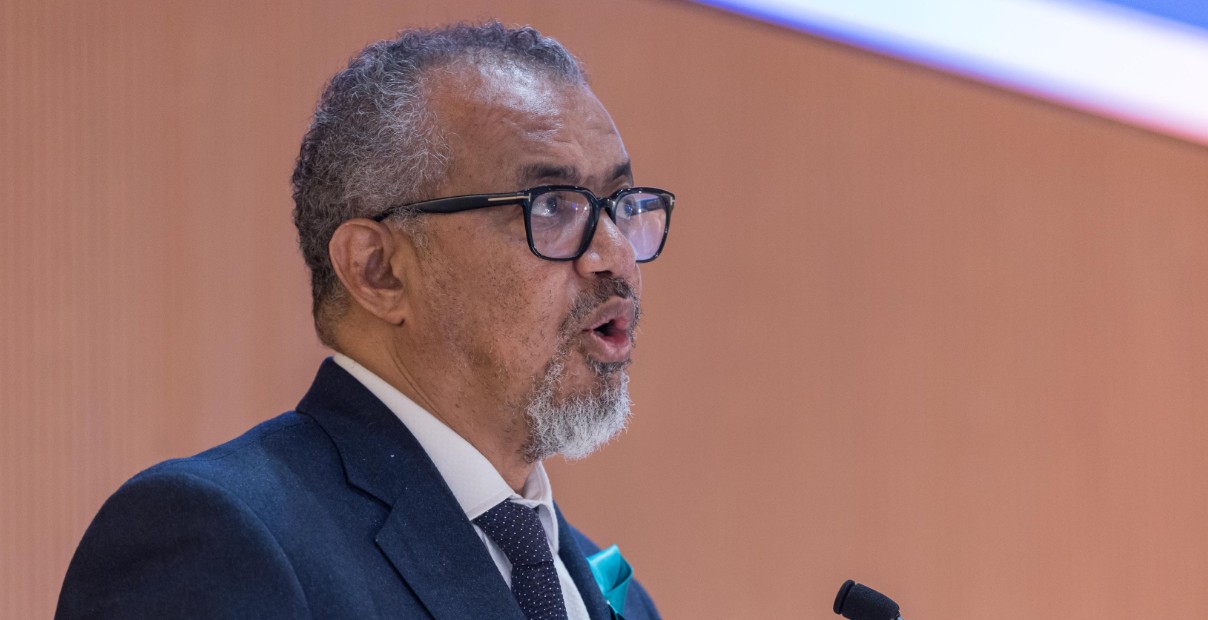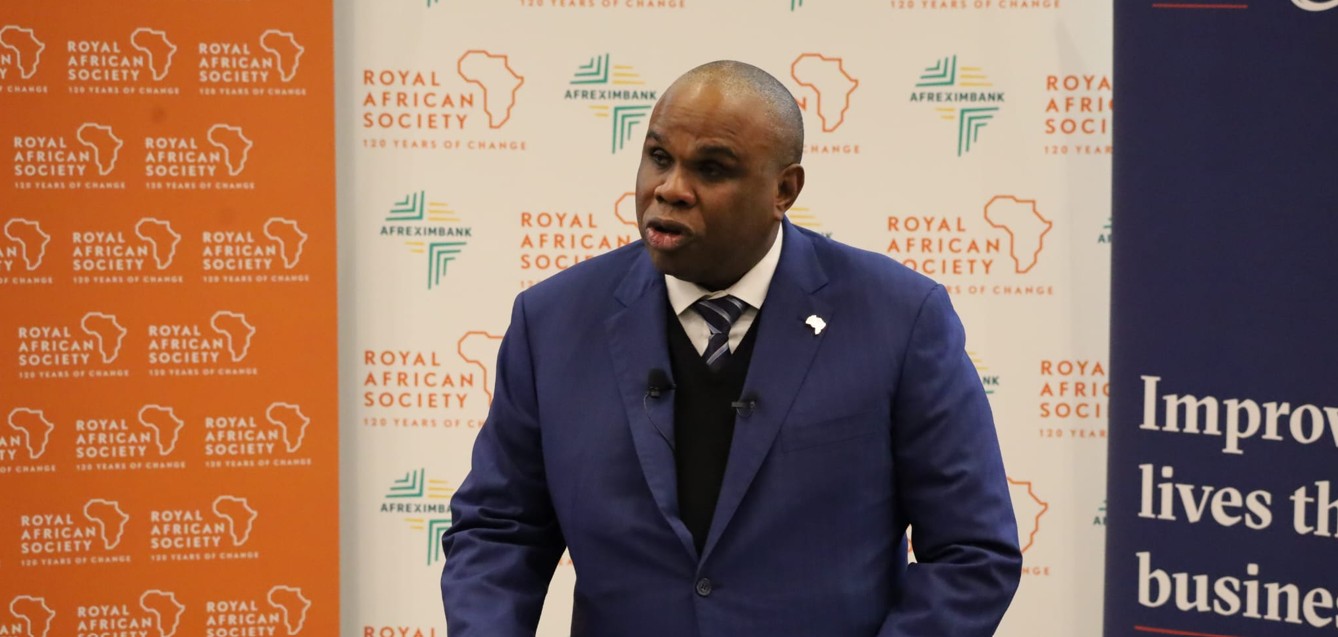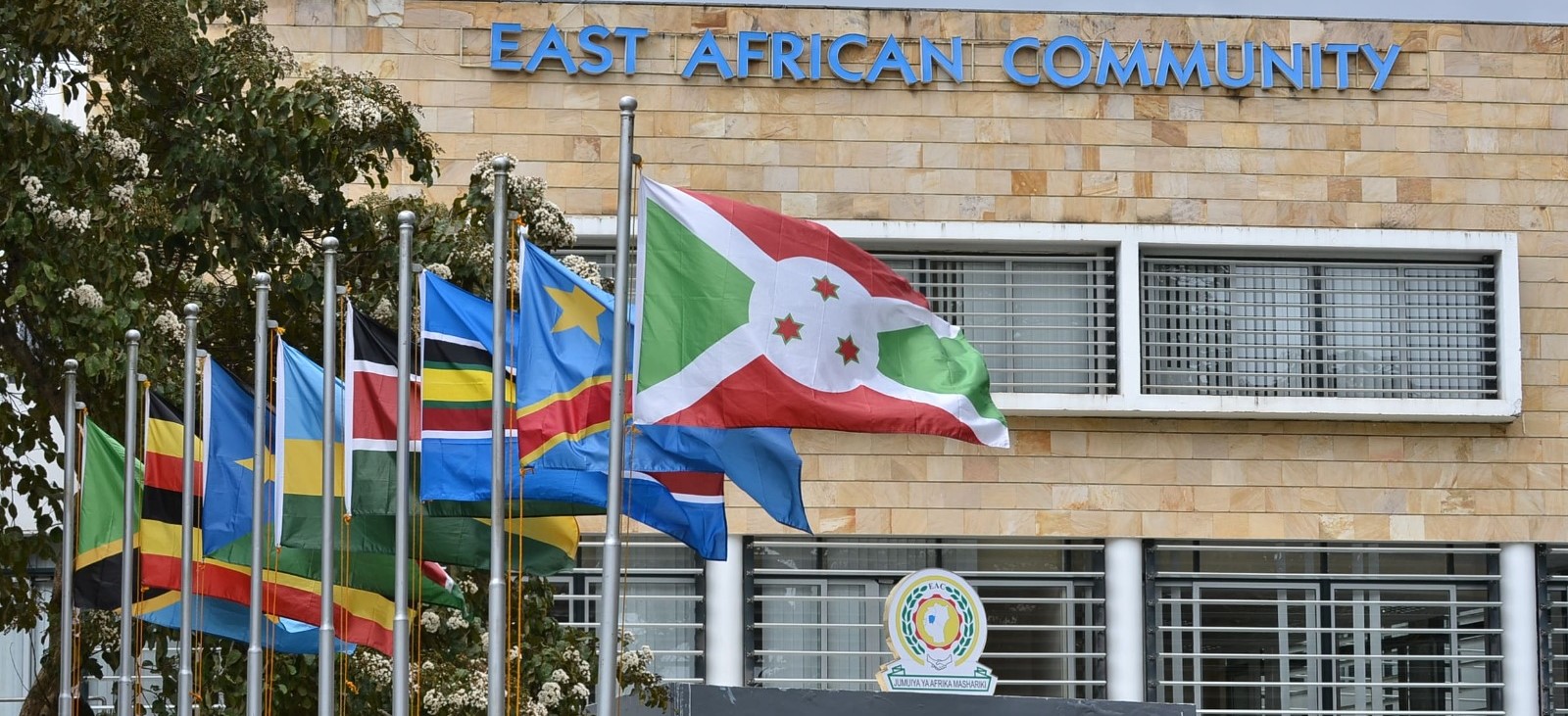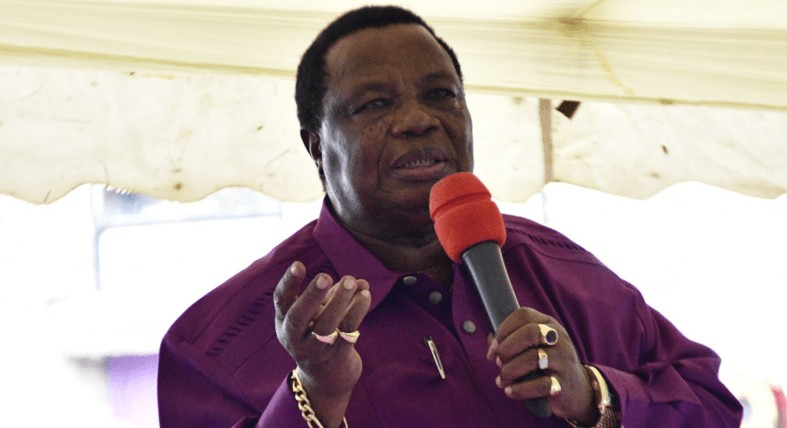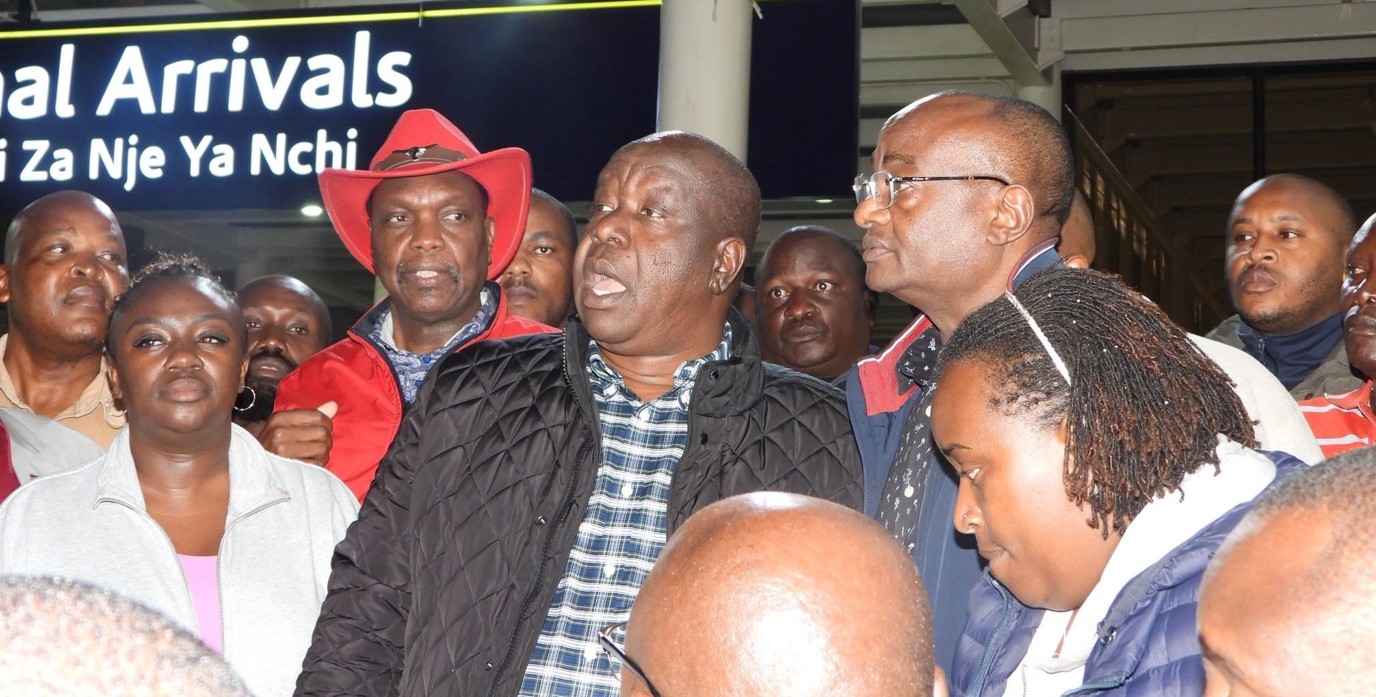Budget execution at risk as Treasury misses revenue target, funding delays persist
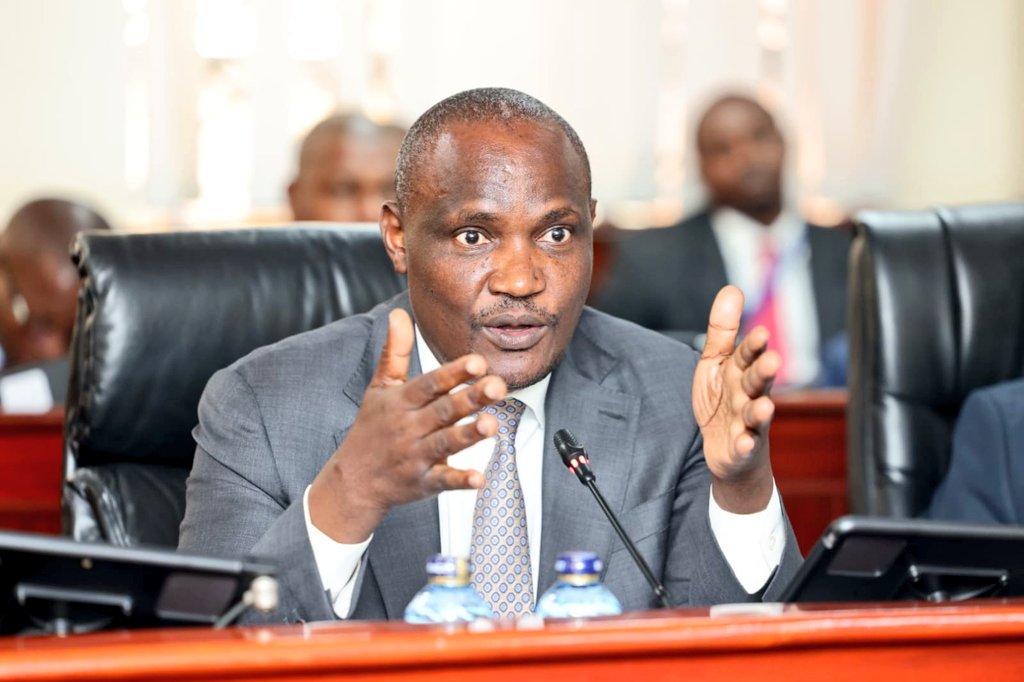
National Treasury Cabinet Secretary John Mbadi has confirmed that the World Bank cash will now arrive at least a month later, after delays in passing a key piece of legislation, the Conflict of Interest Bill.
Members of Parliament have raised an alarm over Kenya’s efforts to keep its budget afloat, citing a ballooning revenue gap of Sh253 billion and stalled foreign financing as signs of deepening fiscal stress.
According to a new report by the National Assembly Budget and Appropriations Committee (BAC), total revenue collected by the end of April stood at Sh2.25 trillion, falling short of the Sh2.5 trillion target by Sh253 billion.
More To Read
- Parliament awards itself Sh48 billion amid austerity, service cuts
- Treasury CS Mbadi invites public input for June 12 Budget Statement
- Kenya shifts to local borrowing as domestic debt hits Sh6.12 trillion
- Wajir residents demand water, roads, education and power to be prioritised in budget
- Petition exposes Sh975 billion debt linked to Treasury’s budget law breach
- Devolution ministry gets Sh8bn boost in budget to strengthen county service delivery
“This revenue underperformance was primarily driven by a shortfall in ordinary revenue collection amounting to Sh195.3 billion and Sh57.7 billion in ministerial appropriations in aid,” the committee said.
“The gaps underscore the need for stronger revenue mobilisation strategies to ensure fiscal sustainability and effective budget execution.”
The widening shortfall, up from Sh139.6 billion in March, has worsened Kenya’s fiscal position ahead of the close of the financial year on June 30, 2025. The situation is further exacerbated by delays in external financing, particularly from the World Bank, which was expected to disburse Sh96.9 billion ($750 million) in early June.
National Treasury Cabinet Secretary John Mbadi has confirmed that the World Bank cash will now arrive at least a month later, after delays in passing a key piece of legislation, the Conflict of Interest Bill, which is a prerequisite for the release of the funds.
“The World Bank funding seems to be going to July because some of the legislations (Conflict of Interest Bill) that were precedent to the release of these funds were delayed,” Mbadi said.
Total revenue for the fiscal year ending June 30 had been projected at Sh3.06 trillion, including Sh2.58 trillion in ordinary revenue (mainly taxes) and Sh486.8 billion in ministerial collections. Net foreign financing was projected at Sh281.5 billion, with the World Bank disbursement forming a critical part.
The delay has already forced the Treasury to consider a third supplementary budget, as some government offices have already depleted their allocations for the year.
Economist Churchill Ogutu of IC Asset Managers has warned that the growing funding gap could lead to a spillover of expenses into the new financial year, threatening the government’s fiscal consolidation goals.
“I think the first line of defence is usually to trim the budget, but if recent budget tweaks are a guide, that is unlikely to materialise. So that leaves carryovers into the next financial year or even some of the programmes will not be fully funded,” Ogutu told Nation.
In light of the shortfalls, the government may be forced to raise its net domestic borrowing target beyond the current estimate of Sh605.7 billion to plug the financing gap. Compared to external borrowing, domestic borrowing is considered a more readily accessible option.
Top Stories Today
